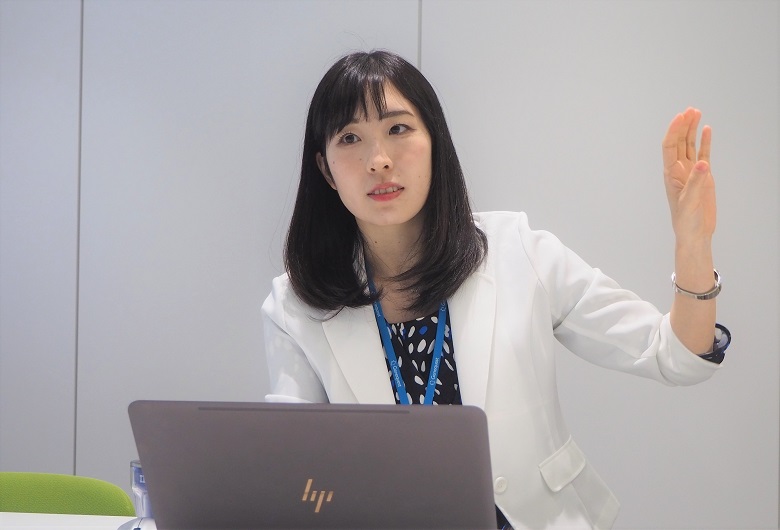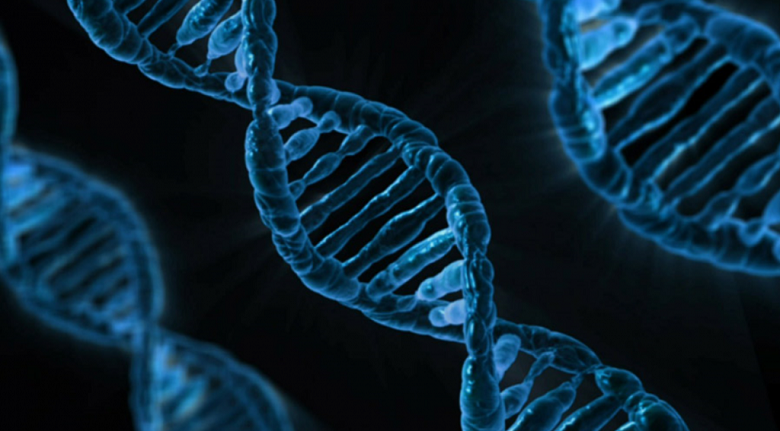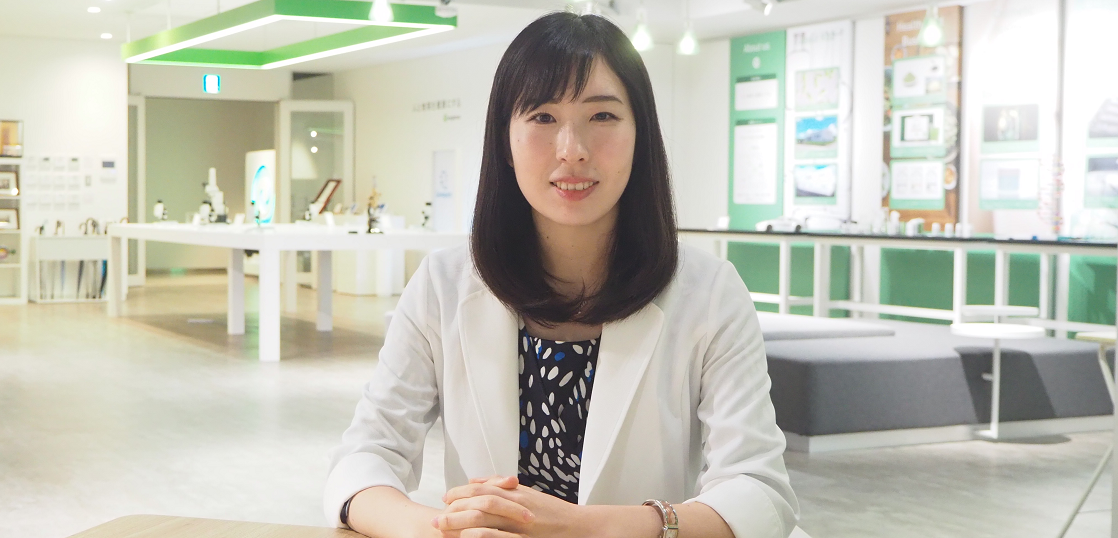In November 2018, the news that "Chinese scientist He Jiankui gave birth to twin genome-editing babies whose genes were modified by genome editing technology."
Genome-editing The turmoil about babies is just the result of the rapid development of science, and can we and society keep up with this rapid development of science? And now that science has developed rapidly, it may be necessary to think about what science should be like.
Continuing from the first part, Our Executive Officer / President of GeneQuest Co., Ltd. and life scientist Shoko Takahashi will talk about genome editing babies.
How should we act in the rapid development of science?
One of my favorite books is the book "Chemistry and Me" by Kenichi Fukui, a Nobel laureate chemist. There is a description that "human beings have two aspects, biological human beings and scientific human beings." In the words of Professor Fukui, a biological human being means the aspect of grasping the world with one's own perception with the senses and emotions of human beings.
On the other hand, a scientific human being means the aspect of capturing the world with his own scientific literacy. For example, there is a biological idea that you should get a lot of sugar because sugar is delicious even in the same diet, and a scientific idea that you should keep it in an appropriate amount because if you take a lot of sugar, you will get diabetes.
Originally, these two aspects of human beings should be balanced on an equal footing. However, with the rapid development of science in recent years, there has been a big difference between these two aspects. Biological humans are changing slowly, while scientific humans are changing more and more.
For example, elementary school students now know much more about science than adults when the Ptolemaic theory was believed. We believe that as our scientific aspects evolve, we need to be aware of the crisis that our biological aspects are not keeping up with.
So what's wrong with the difference between the two aspects of humans? This is because we end up having a biased opinion.

When we hear the news about genome-editing babies we covered last time, many people tend to comment on their biological aspects. Many people give their opinions only from an emotional point of view, such as "I don't know but I'm scared" or "I feel sorry for a child whose genome has been edited".
However, if you have scientific literacy such as "what is genome editing?", You will be able to grasp and think about things from both biological and scientific perspectives and express your opinions.
Speaking on both the biological and scientific aspects and speaking on the biological side alone will change the importance of other opinions. When we give our opinion, we need to be aware of the perspective from which we are giving our opinion.
And having both biological and scientific literacy expands the world we can see and has a positive impact on society.

Bridging the gap between biological and scientific aspects is also science
In his book, Professor Fukui says that it is science that bridges the gap between biological and scientific aspects. Science here refers to all tools made from scientific elements, and the Internet, which is a place for disseminating information, can also be said to be a tool as science.
And improving scientific literacy with all kinds of science will help bridge the gap between people's biological and scientific perceptions. As an approach to improve scientific literacy, I have the hypothesis that it would be effective to appeal to the biological human side according to human interests and raise scientific literacy.
Most people are not interested in the information itself. Information is often of value to a person only depending on whether or not he or she can put his or her feelings on it. Therefore, when disseminating information, I think that it is effective to convey information that appeals to human emotions, such as "it is good" and "it is fun". By making information about science valuable to the person, the person's scientific literacy can be increased.
Science should stand on the theory of sexuality
Originally, I think that science should be based on the theory of sexuality.
Rapidly developing science also makes it possible to destroy humankind, and scientists have the power to destroy humankind. That is why science should not be what makes dystopia.
I myself have become more aware that science should be based on the theory of sexuality since I started a business and became involved in society. Before starting a business, it was natural for science to stand on the theory of sexuality.
However, as I received various opinions about starting a business and developing a business that analyzes the genome and returns the results to individuals, I realized again that science is based on the theory of sexuality.
For example, the genetic analysis service I am working on aims to help prevent illnesses by informing users of the genetic trends of specific constitutions and health risks. However, depending on how you use the genome analysis technology itself, for example, it can be used to increase gene discrimination, or it may be possible to do something bad.
It was not until scientists stood on the theory of sexuality that they could discover the value of science and realized that it would make them a scientist. Applying science to dystopia is like self-sufficiency for scientists.
Advancement of science should be based on the premise of advancing what is good for humankind and the earth, and that is why science is indispensable for us humans and living things.
Euglena Co., Ltd. Executive Officer in charge of bioinformatics business
/ Representative Director of GeneQuest Co., Ltd.
Shoko Takahashi
Graduated from the Faculty of Agriculture, Kyoto University. In June 2013, he started GeneQuest Co., Ltd. while enrolled in the doctoral program at the Graduate School of Agriculture and Life Sciences, the University of Tokyo. Completed the doctoral course in March 2015 and obtained a doctorate. We provide a genome analysis service that conveys genetic information on disease risk and constitution to individuals. April 2018 Appointed Executive Officer in charge of Bioinformatics Business, Euglena Co., Ltd.
Received the Ministry of Economy, Trade and Industry "2nd Japan Venture Award" Minister of Economy, Trade and Industry Award (Female Entrepreneur Award), the 10th "Japan Bio-Venture Award" Japan Venture Society Award, World Economic Forum "Young Global Leaders" Selected for "2018".
In his book, "How does genome analysis change the world of" I "? -The future that can be created by life science technology- ".
Gene analysis platform "Euglena My Health"

